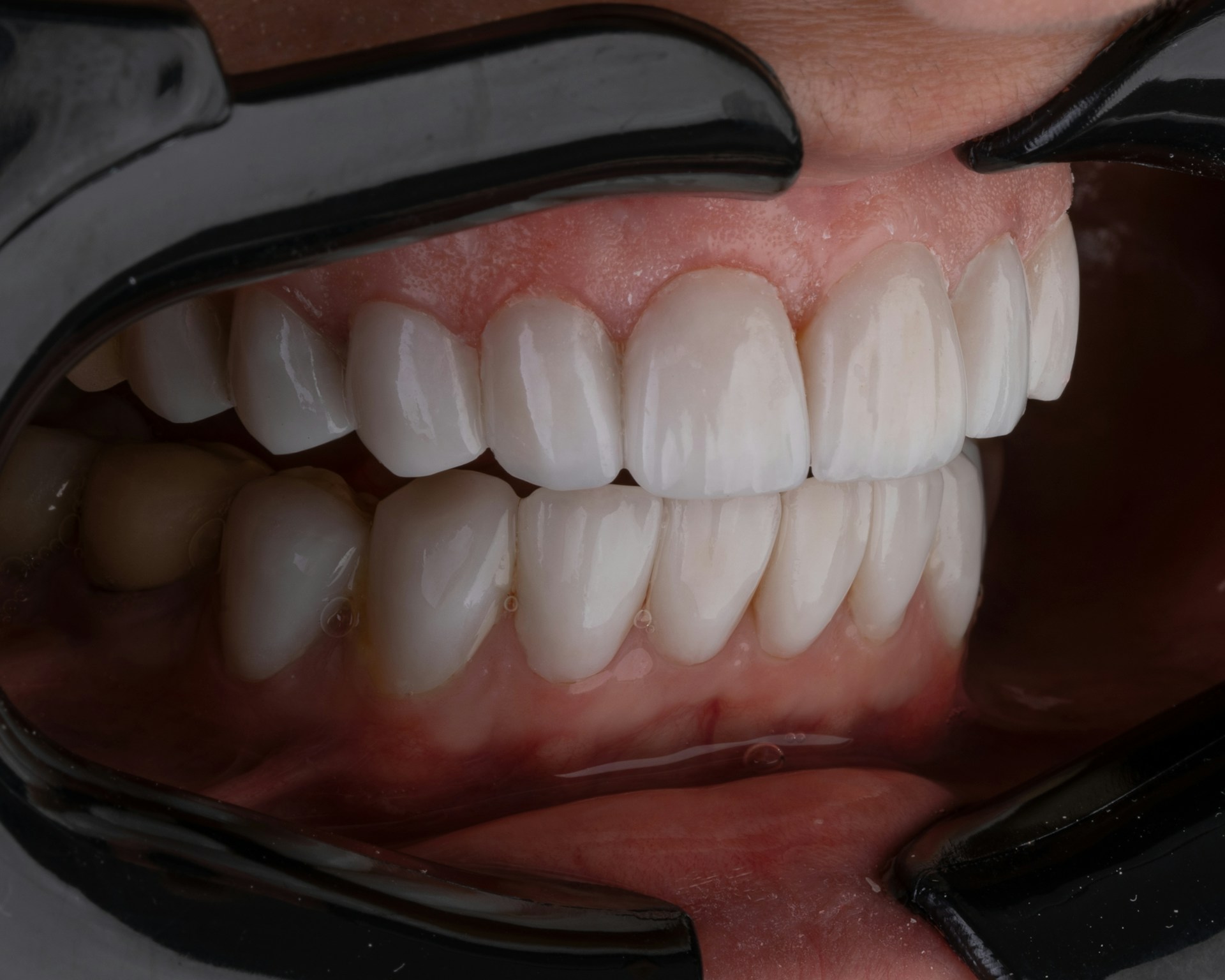Veneers are durable, but they aren’t indestructible. They can sometimes chip or break for various reasons, such as accidental impact, diet choices, or underlying dental issues. Knowing what actions to take, like visiting a cosmetic dentist when damage occurs, is fundamental to preserving your dental health and maintaining your veneers. Let’s look at helpful steps to address chipped or broken veneers and prevention techniques to reduce the risk of future damage.
Causes of Veneer Damage
Veneer damage often results from improper design or placement, weakening its durability. Persistently grinding your teeth, a condition known as bruxism, may also exert undue pressure on veneers and lead to cracks or chips. Biting into hard foods, such as ice or jawbreakers, frequently causes stress on the veneers, increasing the likelihood of damage. Sudden impacts, such as a blow to the face during sports or accidents, can crack or dislodge veneers. Underlying issues like tooth decay behind the veneer may further compromise its structure.
Steps To Take if Veneers Are Damaged
If your veneers are chipped or broken, key actions can help mitigate further damage and prepare for restoration.
- Schedule an appointment with your cosmetic dentist promptly. Timely attention is key, even if the damage appears minor. Collect any loose pieces and bring them to your appointment. Depending on the extent of the damage, this can aid in the repair process.
- Your dentist will assess the damage during the appointment to determine the right course of action. This evaluation often involves examining the veneer and the underlying tooth for structural issues. Sometimes, your cosmetic dentist may conduct X-rays to detect hidden problems requiring attention.
- Based on the assessment, your cosmetic dentist will recommend a treatment plan. Treatment options may include reshaping minor chips. Severe damage may require replacing the veneer, and the dentist will guide you through the procedure for a successful outcome.
Taking these steps promptly can help maintain your dental health and prolong the life of your veneers.
Preventive Tips to Protect Veneers
Taking preventive action can significantly reduce the chances of chipped or broken veneers. Maintaining excellent oral hygiene is key to preventing underlying decay, which could weaken veneer support. Adopt a consistent routine of brushing, flossing, and visiting your dentist to keep your veneers and teeth in optimal condition.
Be mindful of your diet. Avoid biting into hard foods or objects that might stress or damage your veneers. Protect against trauma by using a mouthguard during sports activities or similar scenarios where facial impact is possible. Regular checkups with your dentist are also helpful for monitoring the health of your veneers and addressing any potential issues before they escalate.
See a Cosmetic Dentist Today
Chipped or broken veneers require prompt attention to prevent further complications. Consulting a cosmetic dentist makes sure that any damage is accurately assessed and treated. Regular maintenance and preventive care are also key to aiding the longevity of your veneers. If you’re dealing with veneer damage or want to learn more about preventing it, schedule an appointment with a cosmetic dentist today.









